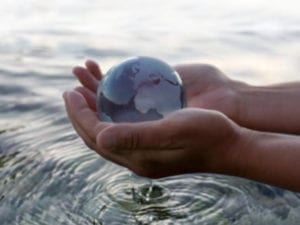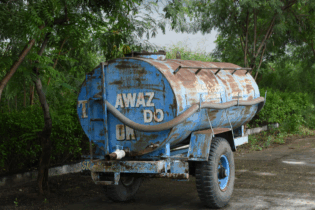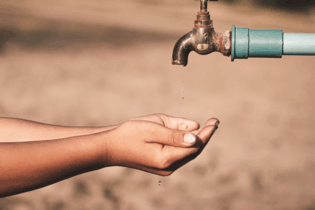An increase in pollution and the destruction of river catchments are contributing to the declining quality of South Africa’s raw water resources, leading in turn to greater treatment costs.
As water quality declines, more time and energy must be spent treating it for safe potable consumption. This typically requires large quantities of expensive chemicals which leave a chemical residual in our natural water systems. However, Chetan Mistry, Strategy and Marketing Manager: Africa, Xylem Water Solutions South Africa, believes that non-chemical treatment options such as UV and ozone offer a far more efficient, effective and environmentally-friendly treatment alternative. Ozone can perform the heavy lifting of primary disinfection, without the generation of chlorinated byproducts, while improving the taste and odour of the water. A much smaller amount of chlorine is added at the end of the process to keep the water clean. This is much safer, and it requires smaller amounts of chemicals, so the costs of purchasing, storing and handling chemicals, along with the risks, are reduced. Ozone is very cost-effective, and the capital investment is quickly recovered through water and chemical savings, as well as a reduction in effluent treatment costs. Similarly, UV treatment requires no chemicals and is one of the most effective methods for disinfecting water. UV systems can be designed for new plant installations or retrofitted into existing chlorine contact channels at treatment plants. Xylem’s Ecoray lamp and ballast technology gives higher relative UVC output than conventional low-pressure amalgam UV lamps when operated in dimmed mode. Energy is saved by automatically dimming the lamps to match the dosage needed. The Ecoray 600 W lamp also has higher energy efficiency than more powerful lamps. Xylem’s Duron UV system can help customers both lower their capital costs and their energy consumption. OptiDose, the sensor-based, real-time dose control, monitors operating conditions including flow, UV transmittance, and UV intensity. With proven control logic, OptiDose then adjusts the energy consumption to the minimum needed to meet dosing requirements in each situation.







